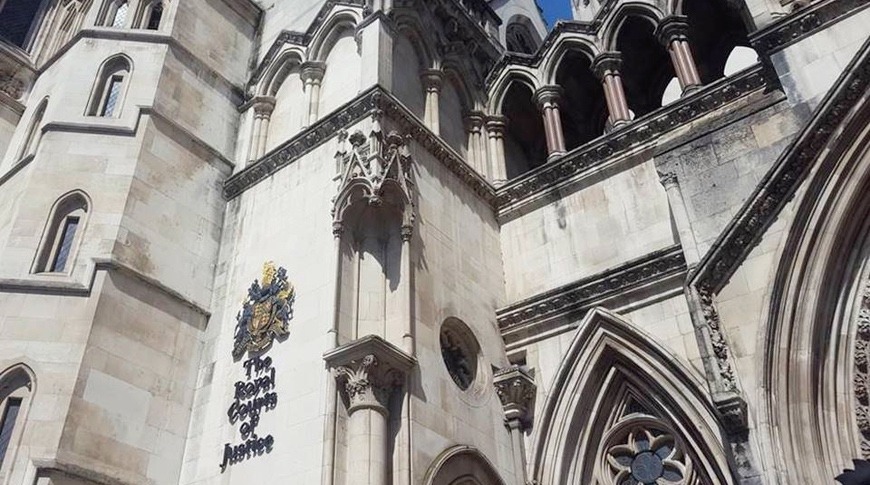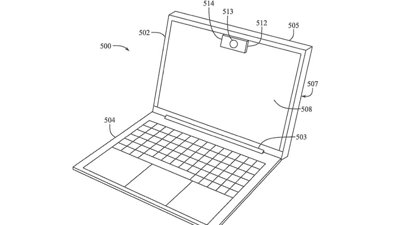An attempted billion-pound class-action lawsuit against Google, alleging the search giant has been tracking iPhone users, has been revived by the United Kingdom Court of Appeal, which has allowed the case to proceed through the UK courts.
Three judges ruled on Wednesday the lawsuit could proceed under the 1998 Data Protection Act, with Google able to be served legal papers in the United States on the matter. The Court of Appeal reversed a previous decision by the High Court which blocked the lawsuit from moving forward.
Google has the potential option to appeal the Court of Appeal's ruling to the Supreme Court. The Financial Times reports Google has yet to comment on the matter.
The class-action lawsuit was launched by Richard Lloyd, the former Executive Director of consumer watchdog publication Which? and previously a Special Advisor to the Prime Minister. Lloyd had launched the case in 2017 as part of the group Google You Owe Us.
The dispute primarily concerns a claim Google had intentionally worked around security settings in Safari in 2012, one that blocked third-party tracking cookies used for advertising, among other potential purposes. After collecting data on the iPhone user's browsing habits, Google is alleged to have determined the sexuality, race, ethnicity, financial details, and other information about users, before grouping individuals under labels like "football lovers" and offering access to advertisers.
Apple has since improved the technology it employs to ensure the privacy of its users, with its Intelligent Tracking Protection 2.0 in Safari beefing up the browser's handling of cookies, while new ad-click attribution technology is being added to Safari and WebKit to further enhance protections.
In 2018, Google you Owe Us suggested there were as many as 5.4 million people impacted by the event, with each potentially able to receive up to 750 ($920) if the claim was successful, putting the penalty to Google at over 3.3 billion ($4 billion) if it loses badly.
"This is a big decision," said Lloyd following the Court of Appeal's ruling. "It says very clearly to big tech companies and anyone else that they can be held to account in this country."
 Malcolm Owen
Malcolm Owen







-m.jpg)






 William Gallagher
William Gallagher
 Sponsored Content
Sponsored Content
 Andrew Orr
Andrew Orr
 Thomas Sibilly
Thomas Sibilly
 Christine McKee
Christine McKee
 Andrew O'Hara
Andrew O'Hara









6 Comments
Brilliant !
I have not trusted Google since they scooped up user's WiFi data and then lied about it -- Twice! First they denied doing it, then they said it was the work of a "rogue programmer", then it turned out they still had it stored on their servers!
Nooooo
I don’t believe it!!!
/s
Nothing is free.Thats why I try to avoid google products as much as I can. I hope some people sue google in Europe & the States as well.